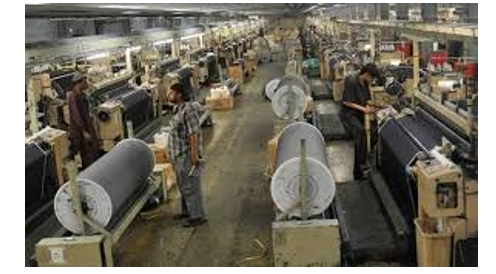INP-WealthPk
Ahmed Khan Malik

The Balochistan industries have urged the government to scrap the agreements signed with the independent power producers (IPPs), which are charging them exorbitantly for power consumption. "The government's agreements with the IPPs, which guarantee payments in dollars, are severely damaging the economy, as it is buying electricity in dollars and selling it in rupees," said the industry representatives while talking to WealthPK. "Some IPPs are not generating electricity, but they are receiving billions in payments, which is not only a burden on the public exchequer but also an injustice to the poor consumers," Bilal Hussain, Secretary Winder Industrial Estate, Lasbela, told WealthPK. He raised concerns over the capacity charges imposed on the people for the unused electricity, calling such agreements unprecedented worldwide. He urged the government to cancel all the contracts with the IPPs and negotiate new ones, stipulating payments in local currency based solely on the amount of electricity purchased. Bilal emphasized that the current electricity rates exceeding 55 rupees per unit had caused an economic crisis and hindered the competitiveness of Pakistani products in the global market.
He appealed to the prime minister and federal minister of energy to urgently address this serious issue. Talking to WealthPK, Mustafa Shahid, a textile industrialist in the Hub Industrial Area, said Rs2 trillion capacity payments to 40 companies were paralyzing the national economy. The IPPs continue to receive payments in the name of capacity charges even if they generate no electricity. The capacity charges constitute two-thirds of the total cost of electricity, while the fuel cost makes up only one-third. As per studies, the IPPs have been enjoying returns exceeding 73 percent in dollar terms, which is unusually high and predatory compared to the international standards and practices, he noted. He believes the guarantees indexed to the US dollar meant any depreciation of the Pakistani rupee increases returns for the IPPs, bringing burden to the government and the public alike. The initial return on equity for the IPPs was set at 18 percent and later reduced to 12 percent in the 2002 Power Policy, but it is still high compared to the global norms.
Mustafa said cost comparisons with similar projects in other countries suggest many IPPs were funded through inflated invoicing on capital goods, leading to perpetual returns on ghost equity. He said significant misreporting and overbilling by the IPPs was a common practice, as the tariffs were guaranteed under take-or-pay contracts protected by the international law. The actual oil consumption of several oil-based plants is less than what is billed by the IPPs, and attempts to audit discrepancies are often obstructed through legal means. Additionally, the operational and maintenance costs are overstated with actual expenses billed at significantly higher rates. The recent surge in electricity rates could trigger civil unrest and discontent among the business community of Pakistan. He demanded a comprehensive review of the IPPs agreements, a reassessment of prices within legal bounds and improved oversight to prevent over-invoicing. The federal government must devise a strategy to deal with the IPPs and ensure affordable electricity prices for the industry in the national interest, he said.
Credit: INP-WealthPk













